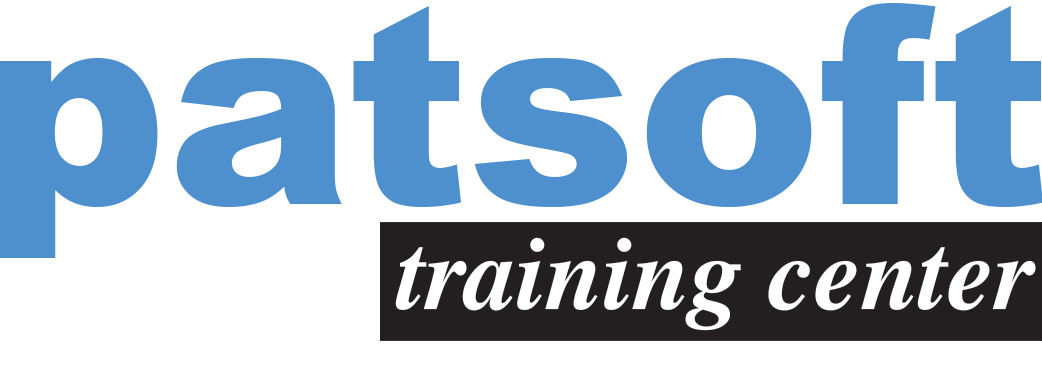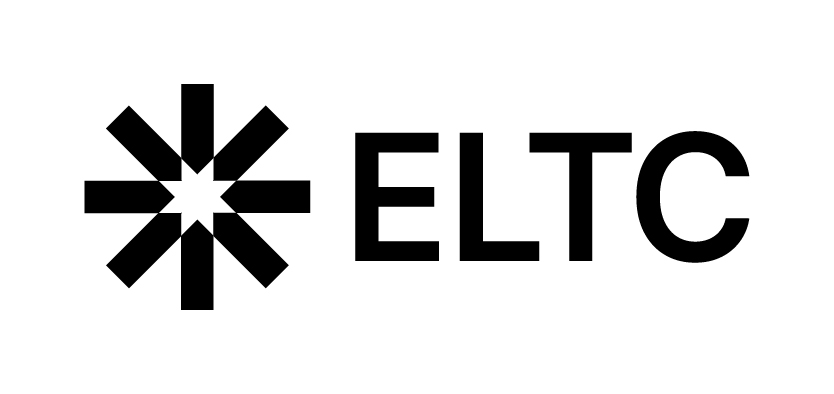

MS-4004: Empower your workforce with Copilot for Microsoft 365 Use Cas...
Getting started with Microsoft 365 Copilot and Empower your workforce with Microsoft 365 Copilot Use Cases. An introduction to Copilot for Microsoft 365, examin...
07/07/2025 09:00
7.00 ώρες (1 ημέρα)
Ελληνικά
Επιχορηγημένο-ΑνΑΔ
Live Online


Innovative Digital Marketing Strategies for Generating Leads (100% Επι...
Ένα καινοτόμο πρακτικό εκπαιδευτικό πρόγραμμα όπου οι συμμετέχοντες θα μάθουν να δημιουργούν καινοτόμες ψηφιακές στρατηγικές μάρκετινγκ και περιεχόμενο με την χ...
07/07/2025 09:00
14.00 ώρες (2 μέρες)
Ελληνικά
Επιχορηγημένο-ΑνΑΔ
Live Online


Λειτουργός Λογιστηρίου και Βασικές Λογιστικές Αρχές...
Το δίπλωμα αυτό θα σας παρέχει την δυνατότητα εργοδότησης, (χωρίς να έχετε προηγούμενη εμπειρία) σε λογιστικά και δικηγορικά γραφεία, λογιστηρία εταιρειών κτλ. ...
07/07/2025 09:00
18.00 ώρες (4 μέρες)
Ελληνικά
Επιχορηγημένο-ΑνΑΔ
Live Online


DORA Lead Manager...
Master the skills to lead digital resilience in financial entities and ensure compliance with DORA. As DORA will come into force on January 17, 2025, there’...
07/07/2025 09:00
33.00 ώρες (5 μέρες)
Αγγλικά
Επιχορηγημένο-ΑνΑΔ
Live Online


Business Administration Diploma...
Το Business Administration Diploma έχει σχεδιαστεί για να παρέχει στους συμμετέχοντες τις απαραίτητες γνώσεις, πρακτικές δεξιότητες και αποδεδειγμένες στρατηγικ...
07/07/2025 09:00
70.00 ώρες (7 μέρες)
Ελληνικά
Επιχορηγημένο-ΑνΑΔ
Live Online


Advanced Digital Marketing with AI...
Το diploma “Advance Digital Marketing with AI” δημιουργήθηκε με σκοπό να παρέχει την γνώση και τα απαραίτητα εφόδια σε όσους θέλουν να εργαστούν σε διευθυντικές...
07/07/2025 09:00
70.00 ώρες (7 μέρες)
Ελληνικά
Επιχορηγημένο-ΑνΑΔ
Live Online


Advising Clients and Drafting: Share Sale and Purchase Agreements...
This Seminar offers 6 verified CPD points by the Cyprus Bar Association. This course looks at the drafting of share sale and purchase agreements (SPAs) and r...
07/07/2025 15:00
4.00 ώρες (1 ημέρα)
Αγγλικά
Live Online


Λογιστική Ανωτέρου Επιπέδου (Higher Level Accounting)...
Το σεμινάριο «Λογιστική Ανωτέρου Επιπέδου» έχει ως στόχο να εμβαθύνει τις γνώσεις και τις δεξιότητες των συμμετεχόντων σε εξειδικευμένα λογιστικά θέματα, πέραν ...
08/07/2025 07:31
Ελληνικά
Επιχορηγημένο-ΑνΑΔ
Live Online

 Ελληνικά
Ελληνικά  English
English


